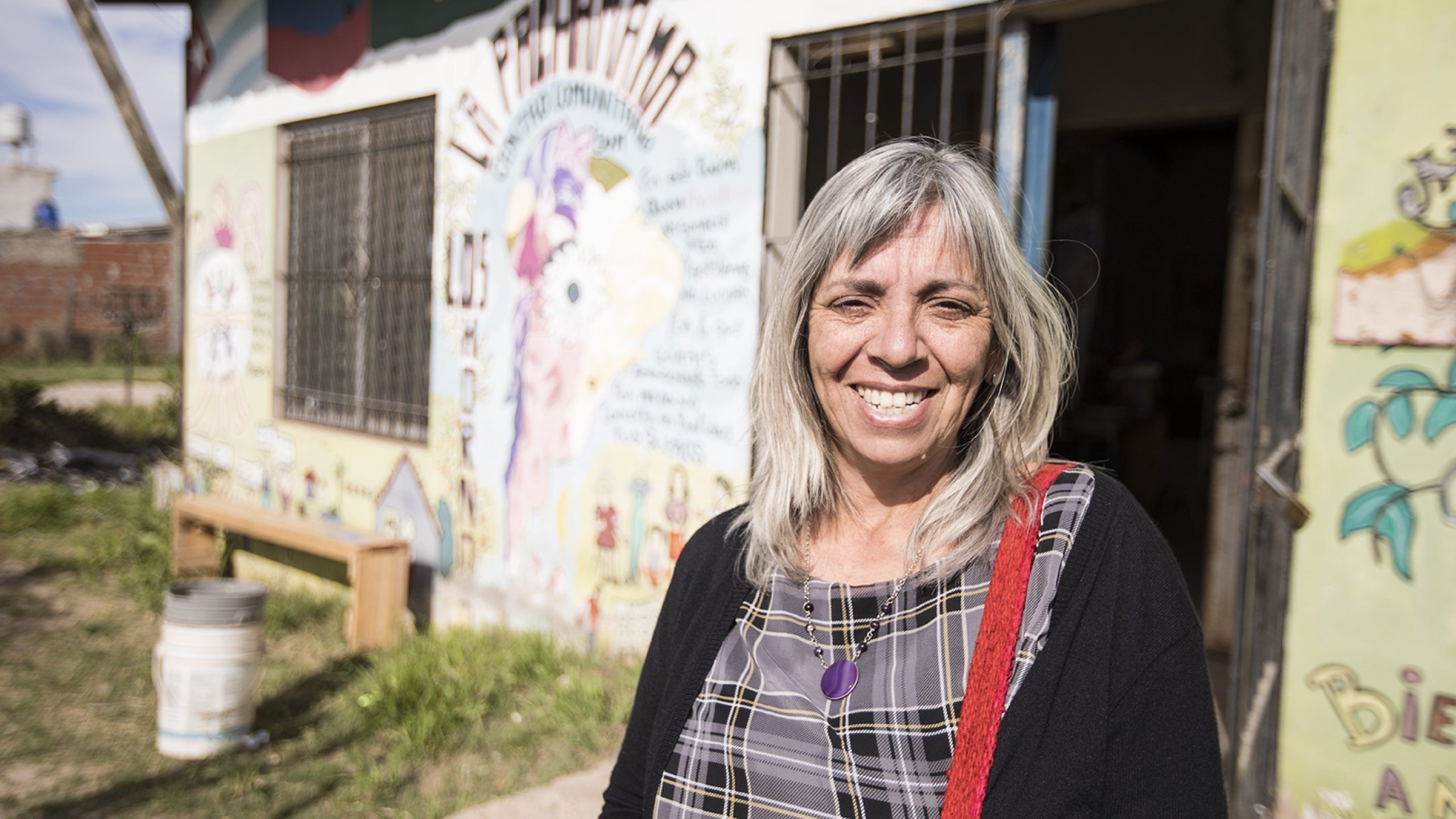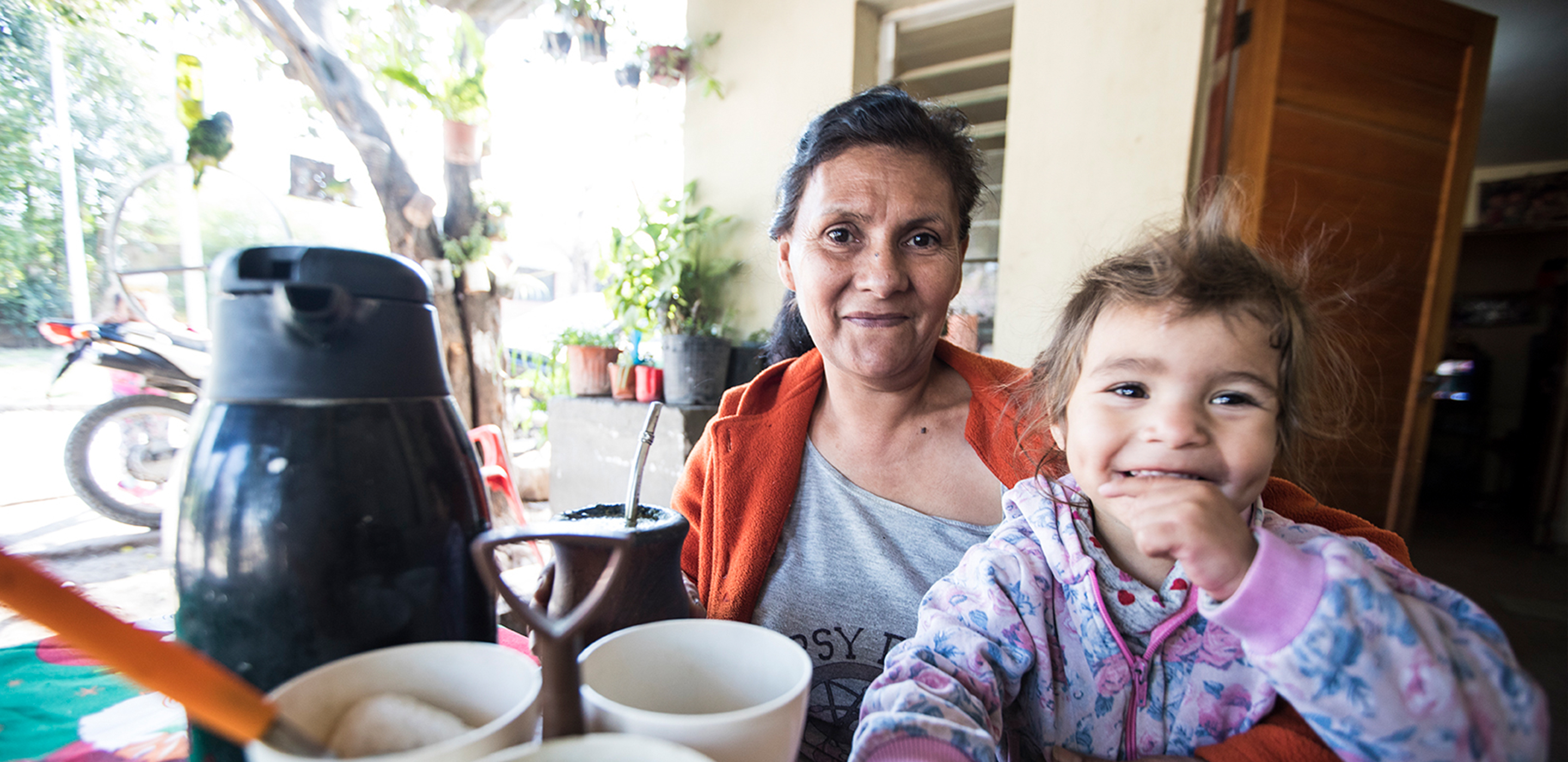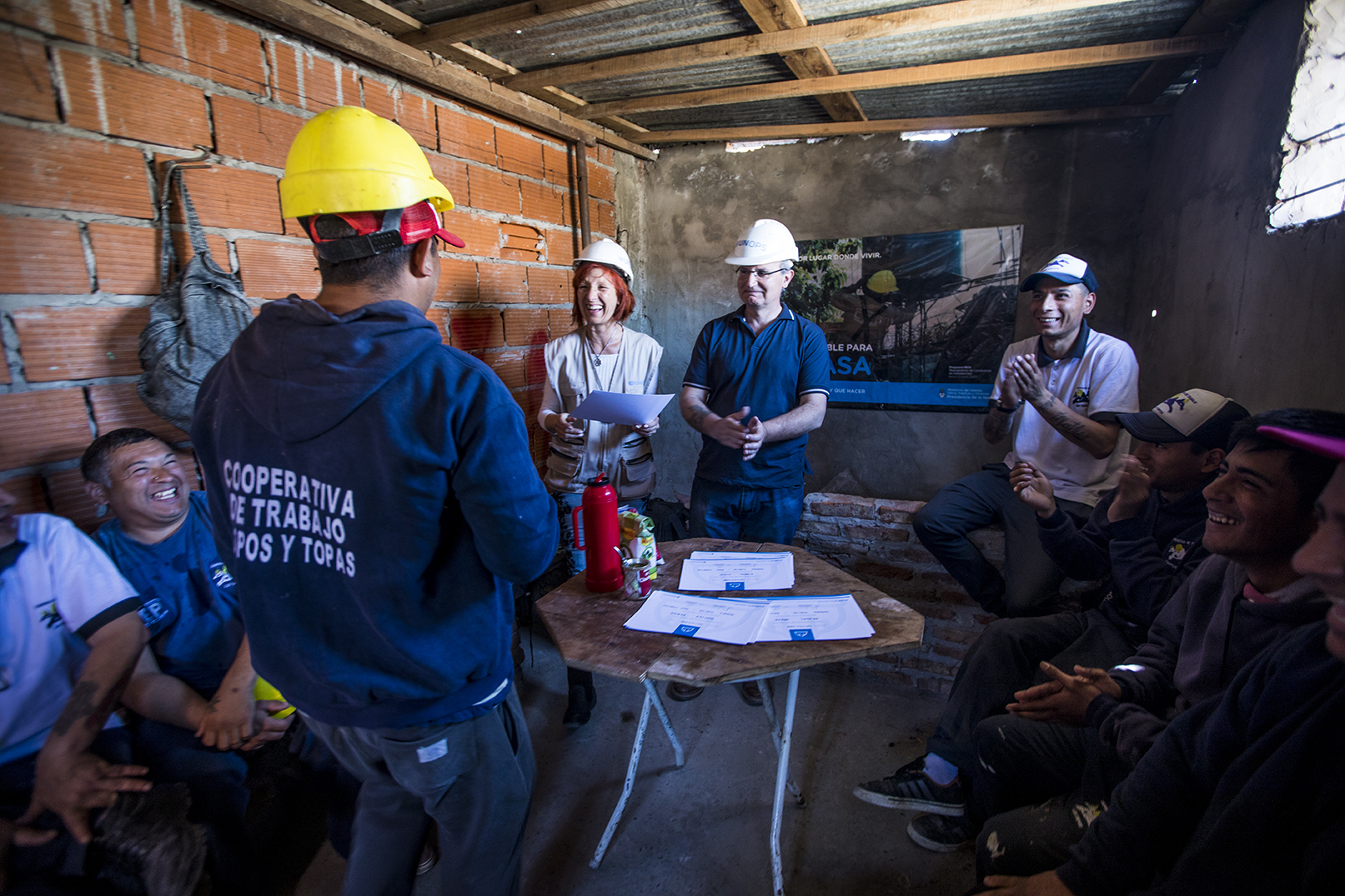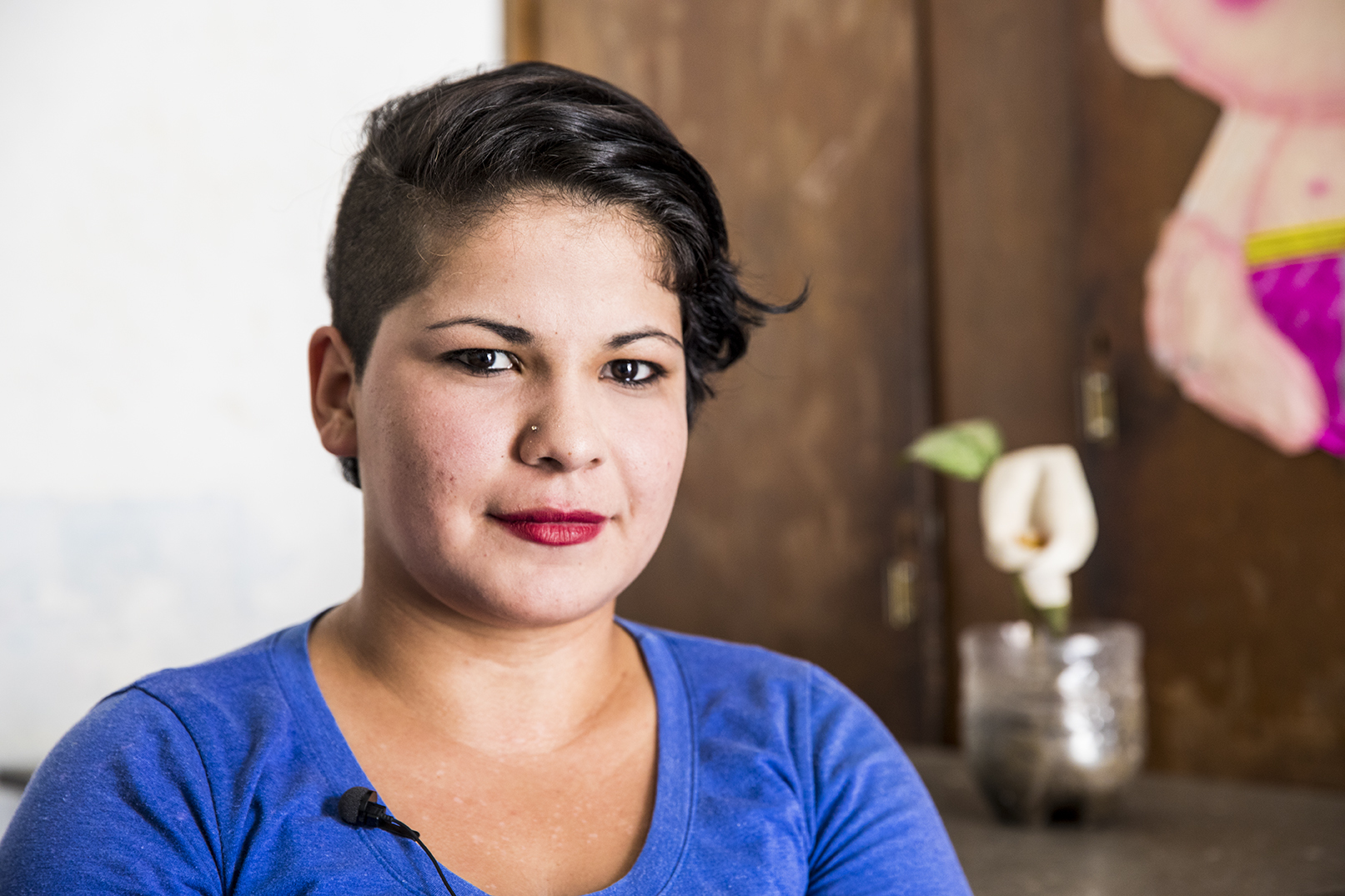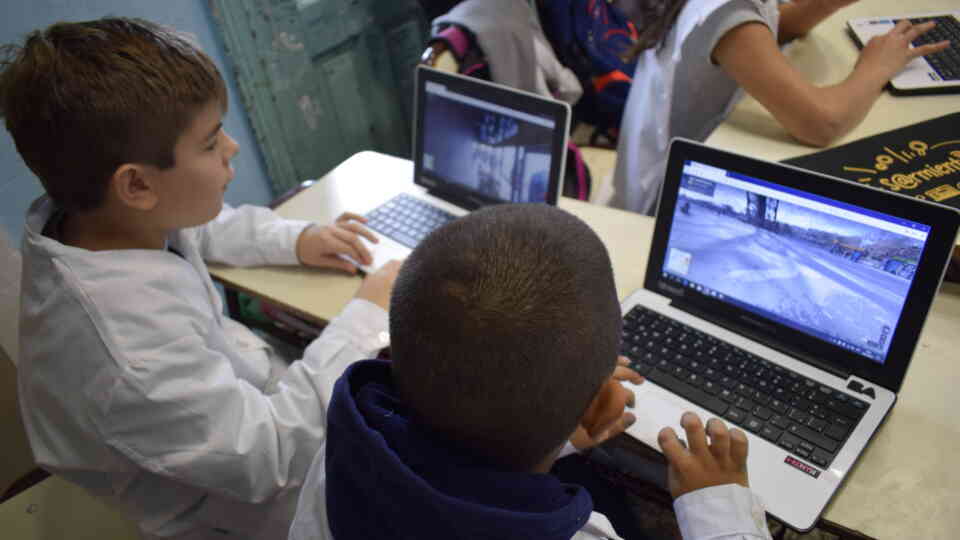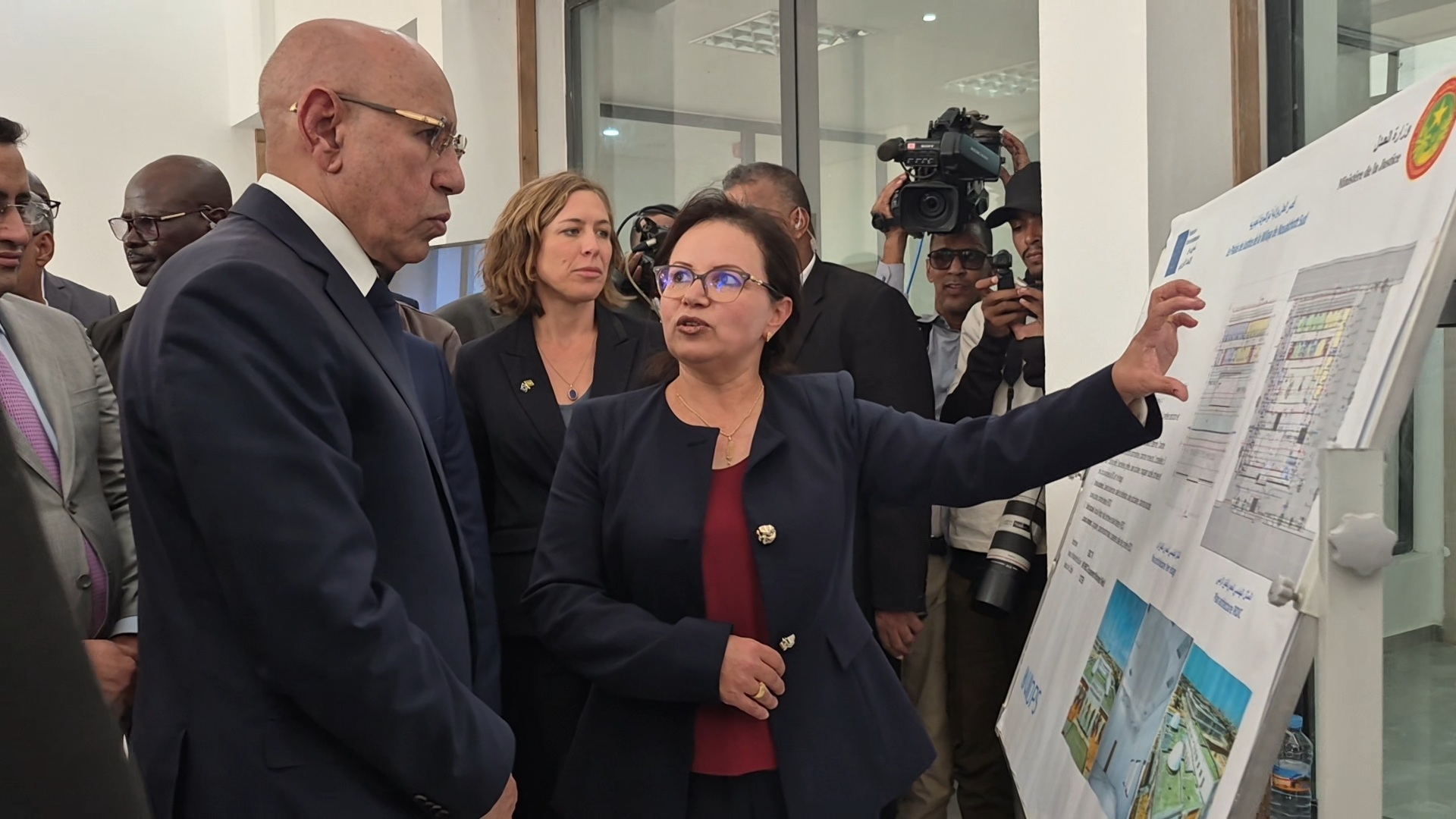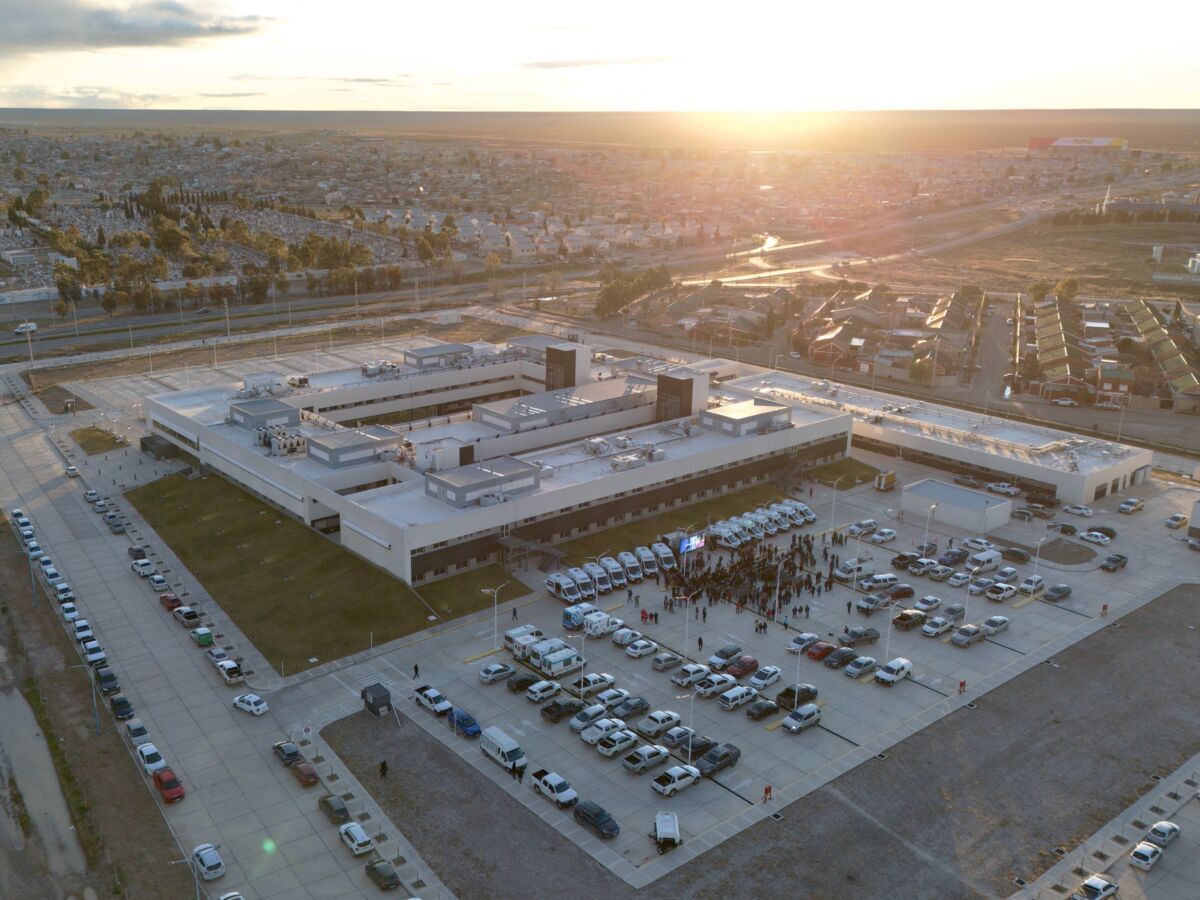The United Nations Office for Project Services (UNOPS)

A right to adequate housing
A participatory housing project is equipping families with new skills, empowering women and connecting communities.
Faced with a long-standing housing crisis, the metropolitan area of Argentina’s capital, Buenos Aires, struggles to provide adequate shelter and protection for those most vulnerable. Stark inequalities are all too common throughout the congested area of 15 million people.
In search of a better place to live, hundreds of families have left informal settlements to settle in Los Hornos – a neighbourhood in the town of Cuartel V in Moreno. Many, however, still live in housing with marked deficiencies in basic infrastructure and access to the neighbourhood is sometimes complicated. Heavy rains block off main roads into the neighbourhood – making it impossible to reach.
Around 10 years ago, Angélica Pérez was evicted from her home in Moreno’s 25 de Mayo neighbourhood, an informal settlement. With help from Madre Tierra – a social organization in Buenos Aires dedicated to upholding rights to land and adequate habitat – Angélica and her family settled in the neighbourhood of Los Hornos. For nine years, the family lived in a one-room house, which was prone to flooding.
We know that when families have access to safe housing, more opportunities are made possible. And sometimes, living in a precarious situation shapes your life in a decisive way.
Family built homes
Together with Madre Tierra and the government of Argentina, UNOPS helped 20 families improve their homes, providing better living conditions for more than 100 people. Each home was connected to water and electricity, and bathrooms and kitchens were installed.
For Angélica, the improvements to her home also meant a new roof and the addition of two bedrooms and a dining room.
With a strong focus on fully engaging residents, women led the home improvements with support from technical teams.
“In home improvement projects, women are essential actors,” says Sandra Ferreyra.
Once women have a safe and secure home, they can go out to look for work because they leave their children in a safe, sheltered place. A big problem is solved.
With ownership over the project, women were in charge of managing construction budgets, overseeing all administrative matters, managing the construction team and choosing the materials – everything from the ceramics used to the taps installed were chosen by the families themselves.
Where possible, family members developed skills to rebuild their home themselves. “My husband built the home himself. It brought a lot of pride and happiness and it motivated us more,” says Angélica. “He is a mason and he added details that we liked and that we chose.”
Reflecting on her own role in the works, Angélica says: “I received the materials and chose the ceramics, the paint colour [...] In every detail, I was present and I kept everything tidy.”
Today, their house not only provides a safer space for their family to thrive, but is also a unique reflection of who they are.

Los Hornos
Programme details
Together with the Ministry of Public Works, local municipalities and community-based organizations, UNOPS is implementing an integral social infrastructure project that aims to improve living conditions, provide improved access to basic services and enhance public spaces in lower-income areas. The programme is providing improved housing, technical assistance and social support to communities in nine provinces across Argentina.
The programme, which is expected to benefit some 50,000 people, operates through financing assigned to local community-based organizations or municipal governments that are in charge of different infrastructure projects. Hundreds of homes are being renovated or newly constructed for vulnerable families while thousands of homes are being connected to essential services. This includes around 2,500 homes connected to water networks and around 1,400 homes connected to sewage networks. Public spaces are also being enhanced in municipalities across the country.







